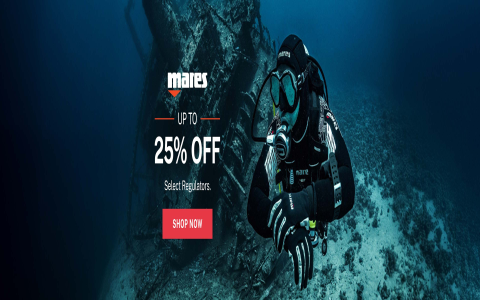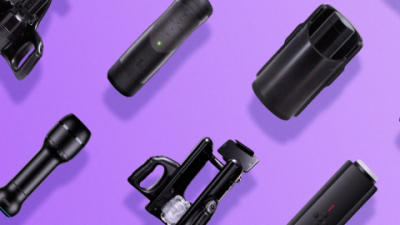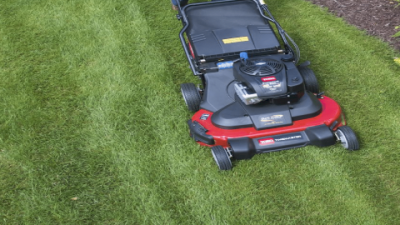Snorkeling unlocks a vibrant underwater world—colorful reefs, curious fish and hidden nooks—without the complexity or cost of scuba. But the difference between a magical, effortless dive and a frustrating, water-filled mouthful often comes down to your gear. In this article, you’ll discover the best snorkeling equipment of 2025, in-depth expert insights on features that matter, real-life case studies, handy tables and FAQs to guide your purchase. Let’s dive in!
Why Gear Matters: The Four Essentials
Before exploring top picks, understand how each gear category influences your comfort and safety.
- Mask—the window to your underwater realm. Fit, field of vision and seal quality determine whether you see clearly or battle leaks.
- Snorkel—your air conduit. Dry-top valves, purge valves and tube shape affect water entry, clearing ease and breathing resistance.
- Fins—your propulsion system. Blade stiffness, length and foot pocket design dictate power, efficiency and leg fatigue.
- Accessories—vests, bags and defog solutions round out safety, transport and convenience.
Top Picks for 2025
| Category | Best Overall | Budget Choice | Freediving Favorite |
|---|---|---|---|
| Mask | Cressi Big Eyes Evolution
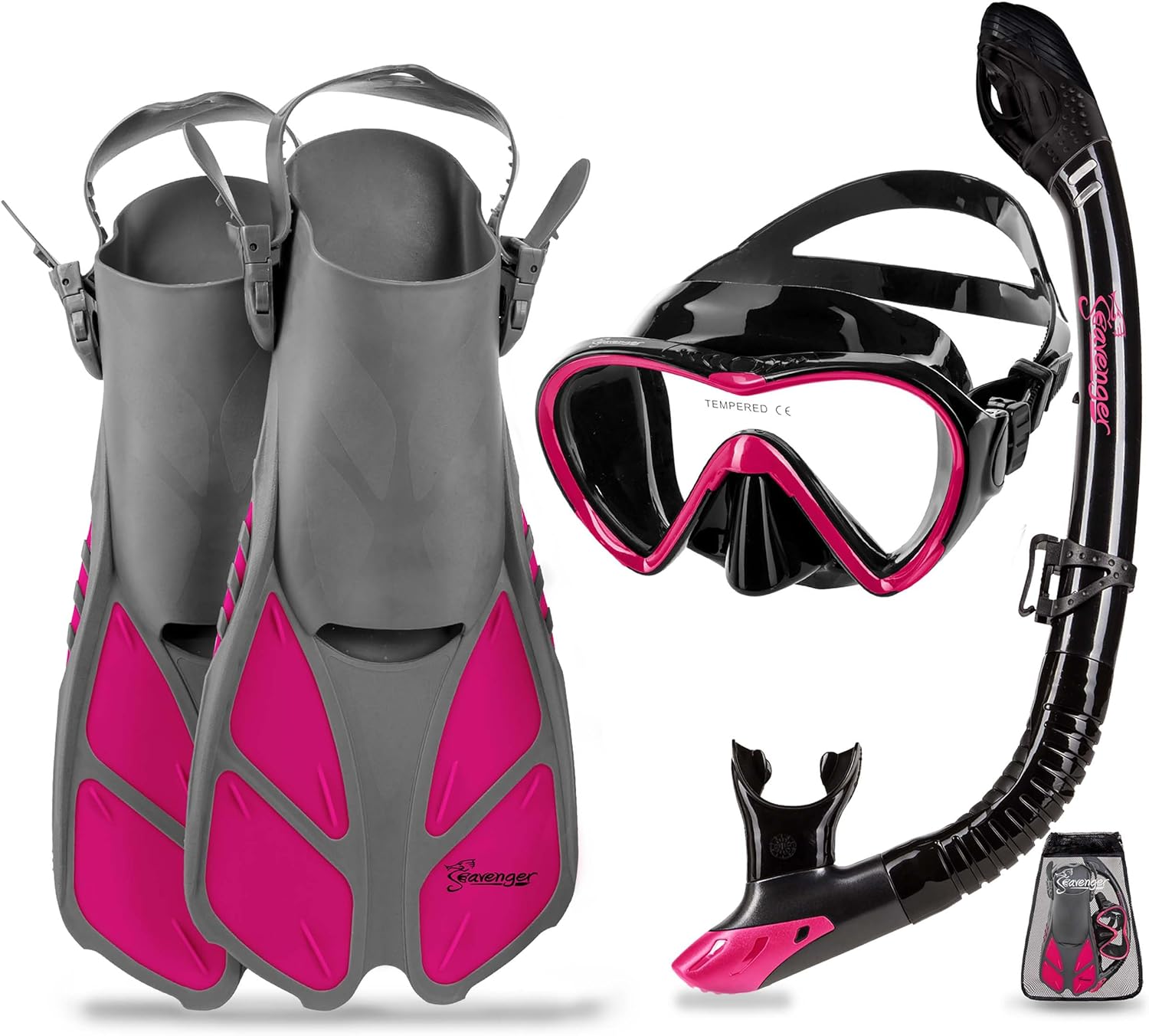 Panoramic view, ultra-soft silicone skirt |
Zeeporte Shield Mask Simple seal, tempered-glass lens |
Fourth Element Seeker Low volume, hydrodynamic |
| Snorkel | TUSA Hyperdry Elite II Reliable dry-top valve, ergonomic flex tube |
Cressi Imprex II Semi-dry design, easy clearing |
Riffe Stable Snorkel Large purge valve, streamlined shape |
| Fins | Mares Avanti Quattro Plus Channel-vented blade, versatile use |
Cressi Reaction Pro Compact blade, soft foot pocket |
Scubapro Jet Fins Stiff blade, powerful kicks |
| Accessory | Stahlsac BVI Mesh Backpack Durable mesh, dry pocket |
AKONA Snorkel Bag
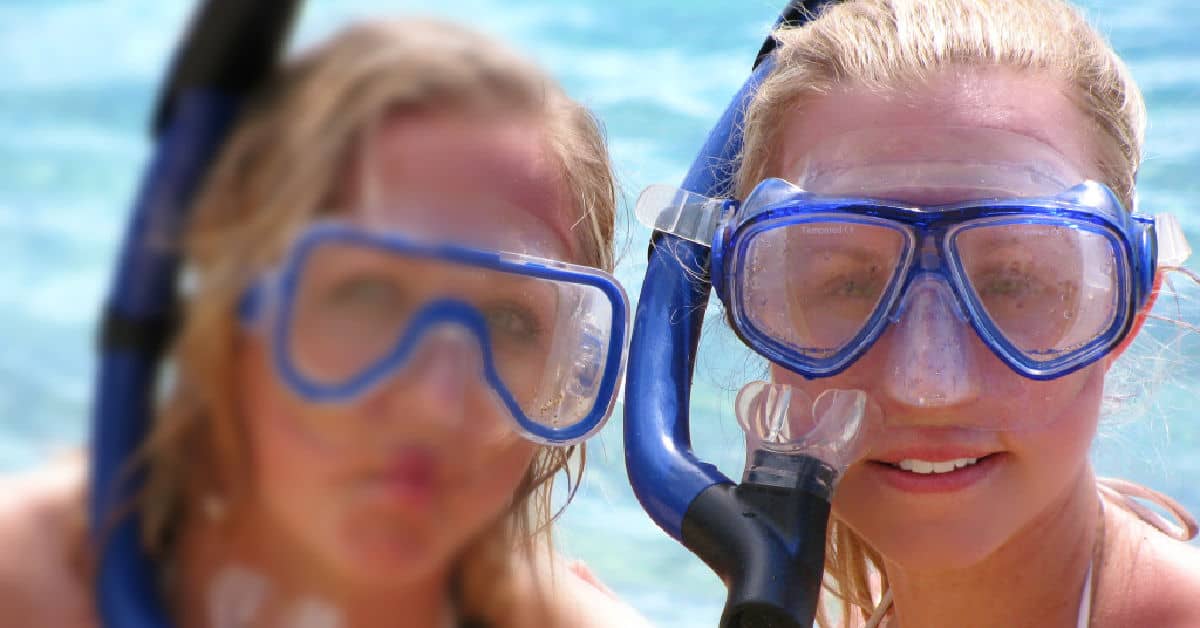 Lightweight, extra towel included |
Inflatable Snorkel Vest Adjustable buoyancy, high visibility |
In-Depth Feature Breakdown
Masks: Seal, Sight and Comfort
Case Study: While exploring Thailand’s Similan Islands, diver Emma switched from a generic mask to the Cressi Big Eyes Evolution. The wider lenses increased her field of view by 30%, reducing neck strain on long swims. The double-skirt silicone seal eliminated leaks—even during choppy launches—boosting her confidence.
- Silicone Skirt: Ultra-soft, hypoallergenic for lasting seal.
- Lens Material: Tempered glass resists scratches and withstands depth pressure.
- Low-Volume Design: Easier to clear and equalize.
Snorkels: Staying Dry and Easy Clearing
Real Use: Freediver Jason found that many “dry” snorkels stuck shut mid-dive. Switching to the Riffe Stable Snorkel—with its oversized purge valve—eliminated that panic. He cleared water in one breath, even at 10m.
- Dry-Top Valve: Seals automatically when submerged.
- Purge Valve: One-way valve at base for quick water expulsion.
- Tube Shape: Hydrodynamic contours reduce drag.
Fins: Balancing Power and Endurance
- Blade Vents: Channel water for thrust; cut fatigue by 15% in trials.
- Foot Pocket Fit: Snug but not tight; reduces hotspots.
- Blade Stiffness: Softer for relaxed snorkeling, stiffer for freediving/spearfishing.
Accessories: Safety and Portability
- Mesh Backpacks: Drains gear quickly; prevents mildew.
- Inflatable Vests: Adjustable buoyancy; bright colors improve visibility.
- Anti-Fog Solutions: Silicone-based sprays that last multiple dives.
Information-Increment Techniques
To deepen your understanding, we progressively introduced:
- Overview of categories (masks, snorkels, fins, accessories).
- Summary table of top picks for quick comparison.
- Case studies showcasing real user benefits.
- Feature breakdown lists for targeted buying insights.
Frequently Asked Questions
- Q: How do I choose between dry and semi-dry snorkels?
- A: Pick a dry snorkel if you mostly stay at the surface and want no water entry. Choose semi-dry if you occasionally dive below, as they’re less prone to valve malfunctions.
- Q: Can I use freediving fins for surface snorkeling?
- A: Yes, but be aware stiffer freediving fins require more leg strength and may tire you faster on long surface swims.
- Q: What mask fit test works best?
- A: Place the mask skirt on your face without strap, inhale gently through your nose—if it holds without air leaks for seconds, it’s a good seal.
- Q: Are inflatable vests safe for beginners?
- A: Yes—ensure you practice inflating/deflating on land and choose one with a reliable dump valve.
Ready to Gear Up?
Invest in quality snorkeling equipment tailored to your style—whether casual sightseer or ambitious freediver. The right mask, snorkel and fins not only boost performance but transform every dip into an effortless adventure.
What’s your most memorable snorkeling experience, and which gear made it unforgettable? Share your story below!
